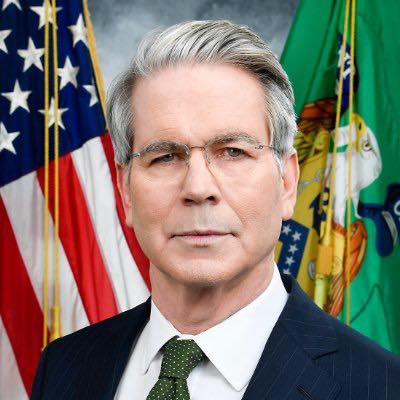
WASHINGTON — Treasury Secretary Scott Bessent announced Friday that the Treasury’s Debt Collection Service is partnering with ICE to collect civil fines and penalties owed by undocumented immigrants, fulfilling President Trump’s agenda. Bessent emphasized the move addresses a long-standing failure to enforce court orders, which he said has let down “hardworking American taxpayers.”
The initiative targets fines often imposed for immigration violations, like overstaying visas or ignoring deportation orders, which can reach hundreds or thousands of dollars. A 2019 GAO report noted millions in such fines go uncollected annually due to enforcement challenges. By collaborating with ICE, the Treasury aims to track debtors and secure payments, potentially through wage garnishment or asset seizure, though details remain unclear.
Bessent framed the policy as a win for fairness, aligning with Trump’s “America First” priorities, seen in recent moves like the 104% tariffs on Chinese imports and the SAVE Act’s voter registration rules. It also complements Elon Musk’s announcement of $150 billion in government savings by cutting waste, suggesting collected fines could bolster federal revenue amid economic strain from the tariffs, which have hit businesses hard.
However, the policy has sparked concerns. Many undocumented immigrants live in poverty, unable to pay large fines, and aggressive collection could drive them further underground, deterring cooperation with authorities. ICE’s involvement may also lead to deportations, as tracking debtors could reveal their locations, intensifying Trump’s immigration crackdown. Critics, like the ACLU, may argue it violates due process, potentially sparking legal challenges.
The move comes amid a busy period, with the Hudson River helicopter crash killing six, including a Spanish family, and the IRS scrutinizing the Gates Foundation for alleged discrimination. As the Treasury and ICE roll out this initiative, its impact on immigrant communities and federal coffers will be closely watched, with potential to reshape immigration enforcement.


